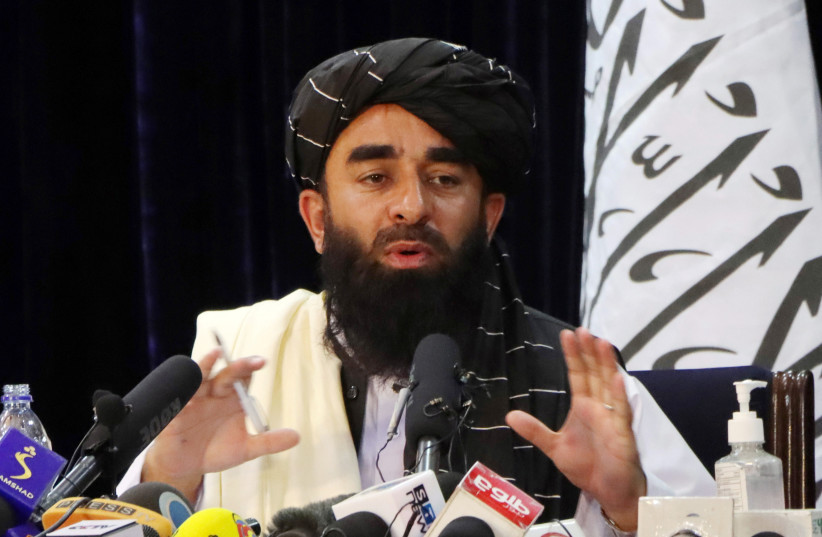We have reached a critical time in the global War on Terror in the wake of the US withdrawal from Afghanistan. We failed in this war; it’s time to review what we have done and where we go next.
For more stories from The Media Line go to themedialine.org
We are seemingly back to the time before the US invasion of Afghanistan. Terrorist organizations from the Middle East to the Horn of Africa and Central and Southeast Asia are now looking at what happened in Afghanistan and see it as an inspiring model.
They are hailing the defeat of a superpower. This message, the idea that they too can defeat the other powers, is spreading across the world’s social media.
It is time to sit together, reflect on what happened and contemplate the lessons to be learned while we develop a new global strategy.
The security and intelligence services certainly have a role to play but we have to think holistically and develop a preventive strategy that will target the roots of terror: extremist ideology and hate.

The engagement of all stakeholders is crucial in the War on Terror. We must focus on education and the engagement of NGOs, community leaders, religious leaders, and all the stakeholders in all communities and countries in the world’s fight against terrorism.
Religious leaders are vital in this war and must take the lead.
Religion is used to divide us as much as it is used to bring us together. Many religious people don’t listen to politicians or public figures; they follow their religious leaders.
It is vital to encourage religious leaders who believe in our common values and let them play a role in creating a narrative that will gain the hearts and minds of the general public to create one united counterterrorism front.
Attributing terrorism to Islam is sending an extremely negative and misleading message to many Muslims because the narrative is that these acts of terror are somehow part of the religion, an extension of the “good Muslim” and the Muslim Brotherhood’s adage that “Islam is the answer.”
By misusing and misquoting religious texts to portray this ideology as rooted in religion, extremists are hijacking Islam and using it simply to set a warped political agenda.
So how do we win the hearts and minds of the general public around the world? We cannot, for example, only address the tragic impact on women, children, and minorities in Afghanistan because every single person in Afghanistan is a victim now.
When we focus on particular groups, we are sending the wrong message, as if we don’t care about the rest of the society that is suffering under the same conditions. We will not win the war on terror and extremism in Afghanistan unless we speak to the whole nation.
Beyond security and intelligence, the general public is our biggest ally, our strongest weapon. These terrorists succeed in recruiting and fundraising for exactly this reason; they are expertly focused on the general public. ISIS, al-Shabab, Hamas, and other terrorist organizations are all doing this.
They appeal to deficits in the fulfillment of humanity’s most basic needs – poverty, hunger, insecurity, ill health, and illiteracy – to ensure that the majority feels these groups care about their well-being.
One of the major areas in our war on terror that we didn’t understand was the nature of this war. When it comes to those who are using Islam as an ideology to set their political agenda, we have to understand that war is one of the ideas. And if we don’t gain the hearts and the minds of the people, we will never win.
The future of the war on terror depends on a preventive strategy that will engage religious leaders, academicians, public figures, and others.
Solutions that focus on security are necessary but not sufficient. We must change the old strategy and consider countering hate in our new strategy as we have to reach the roots of extremism, including those who use religion as a weapon against their fellow humans.
